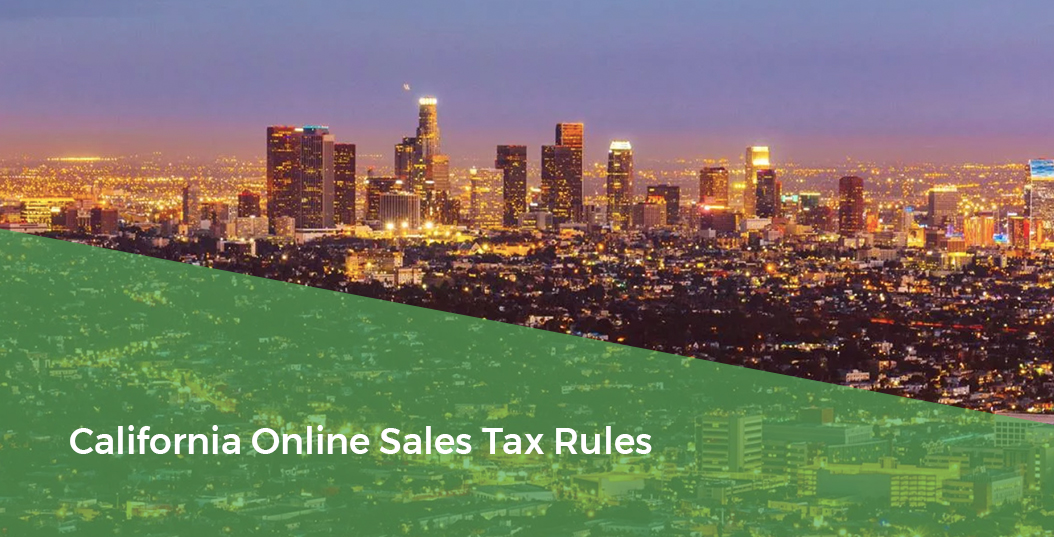Let’s Talk.
Start with a conversation. From there, we can build a plan.
Until recently, state sales tax collection was dictated by the 1992 Supreme Court case Quill Corp. v. North Dakota. Sales tax nexus – a company’s tie to a state requiring it to charge and remit sales tax in that state – was determined by physical presence. A business needed to have a storefront, warehouse, employee or employees, or other actual presence in the state before it was required to charge a sales tax there.

The rise of online retail has changed the way businesses and state governments think about nexus, and some states began enacting their own laws asserting that an economic presence in their state necessitated sales tax. With South Dakota v. Wayfair, Inc (2018) the Supreme Court overturned the decision that a business’s presence within a state must be physical to collect sales tax online. Instead, businesses selling products online to residents of a particular state may have established an economic sales tax nexus that would require them to collect and remit state sales tax.
As mentioned, some states had already established their own economic nexus laws, followed by several more following the Wayfair ruling. The dates in which these laws take effect vary widely, with some enacted in conjunction with the ruling, others waiting for acts of Congress, and still others set to take effect sometime in 2019. Since online retailers commonly do business in multiple states, staying on top of changes to state tax law in all 31 states that adopted economic nexus is crucial.
New California online sales tax rules will go into effect April 1, 2019. California law states that to collect sales tax online, a business must cross one of the following thresholds:
A business needs to meet only one of the above two qualifications to be required to collect sales tax online. A set of two hundred or more transactions with revenue under $100,000 would still be subject to California state sales tax. Similarly, revenue exceeding $100,000 establishes economic sales tax nexus regardless of the number of transactions posted.
You may be asking yourself, “Do I need to charge sales tax on my website?” Simply put, if you sell tangible goods in California and meet one of the above qualifications, you will need to collect sales tax online. With economic nexus laws already established in 31 states and a wide variety of effective dates, thresholds, and other fine print, it is essential that your business stay current in the tax laws for each state with which you do business. Avalara offers a range of products that can help you streamline your state sales tax obligations and make sure your business is compliant.
Disclaimer: The information in this blog post is provided for general informational purposes only and should not be construed as legal advice from Forix or Avalara.
Start with a conversation. From there, we can build a plan.
